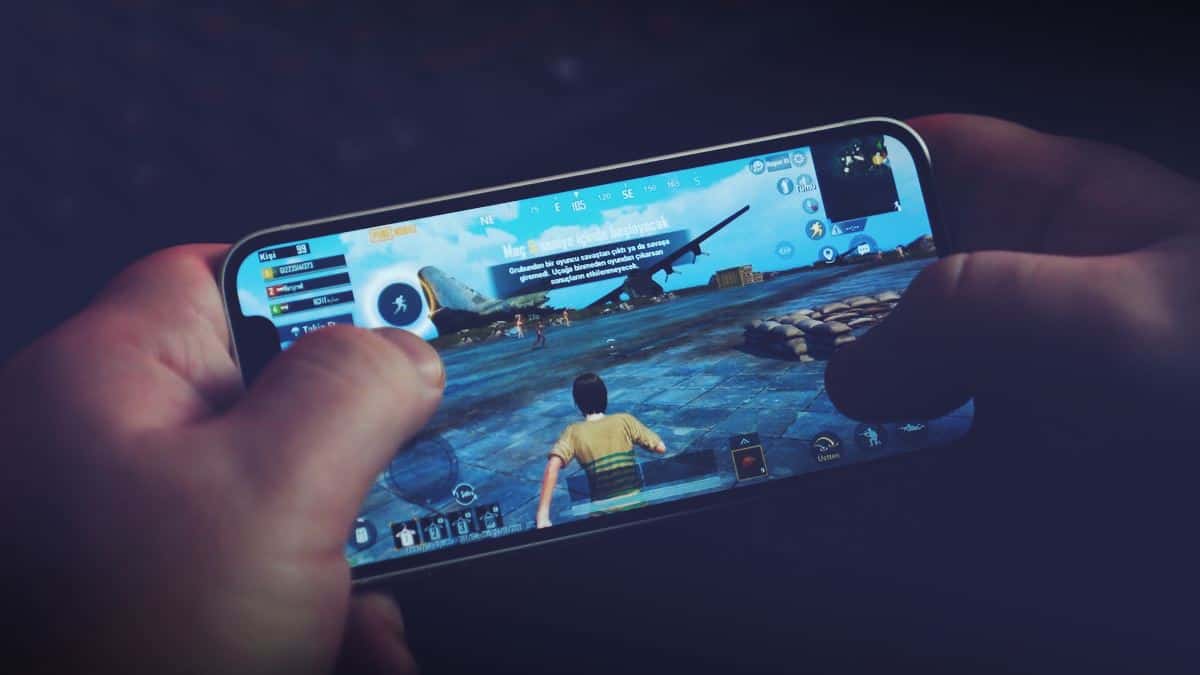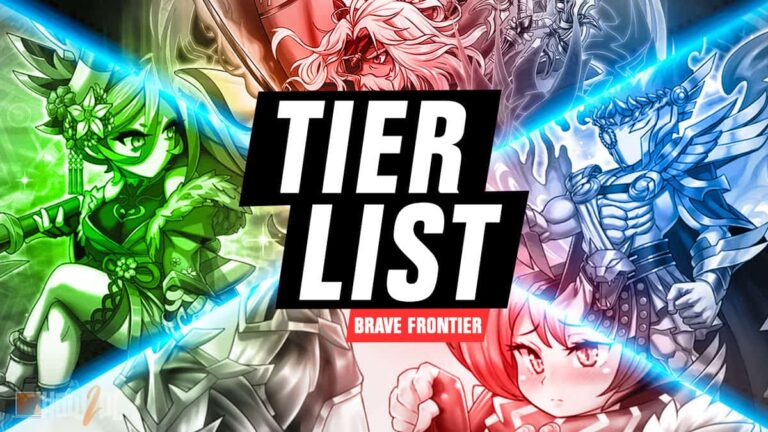Online gaming has become a staple of entertainment in our digital age. It’s not just a pastime anymore; it’s a community, a platform where friendships are formed, and a stage where skills are showcased. But as with any aspect of the internet, it’s not without its risks. From online trolls and toxic players to cyber threats, the virtual gaming environment can sometimes feel like navigating a minefield.
As an avid gamer myself, I’ve experienced these challenges firsthand and have spent a considerable amount of time learning how to protect myself. This guide is not just about explaining the risks, but more importantly, I’ll be sharing practical steps on how to avoid these pitfalls and ensure a safer, enjoyable gaming experience.
Personal Data Breach
A personal data breach is a serious risk that affects not just gamers but anyone using the Internet. In the gaming world, it often happens when cybercriminals exploit weak network security or crack your password. Once they gain access, your personal information – your name, email, credit card details – can be exposed, misused, or even sold on the dark web.
I’ve had a brush with this scary scenario myself, which is why I can’t stress enough the importance of strong, unique passwords! I recommend using a password manager, which can generate and store complex passwords for you. This way, you don’t have to remember them, reducing the chance of using simple ones out of convenience. Also, utilize two-factor authentication (2FA) whenever available for an additional layer of security.
Cyberbullying
Cyberbullying in the gaming scene is a pervasive issue that can leave deep psychological scars. I’ve seen how unchecked abuse from other players can turn an enjoyable gaming session into a distressing ordeal. It’s essential to remember that behind each avatar is a real person with feelings and emotions. If you’re being targeted, there are steps you can take to shield yourself.
Firstly, don’t engage with the bully – retaliating often fuels their behavior. Use the in-game reporting tools to report the harasser. Game developers take such reports seriously as they strive to maintain a respectful gaming environment. Also, consider using mute or block features to prevent the bully from communicating with you. Lastly, don’t hesitate to reach out for support, whether it’s a trusted friend, family member, or supportive online community. Gaming should be a fun and safe space for everyone, and together, we can help make it so.
Phishing Scams
Phishing scams are crafty schemes that cybercriminals employ to trick gamers into revealing sensitive information. I’ve seen instances where illegitimate links or files are disguised as exciting game updates, irresistible cheat codes, or lucrative gift card offers. When a gamer clicks on these, they’re often directed to a fake login page asking them to input their credentials – and just like that, the scammer has access to their account. It’s a crafty trick that even the most vigilant can fall prey to.
To protect yourself, be skeptical of unsolicited communications. If an email or message seems too good to be true, it probably is. Never click on a suspicious link – instead, navigate to the official website or gaming platform directly through your browser. Also, be cautious of communication that urges immediate action or creates a sense of urgency. Scammers use these tactics to push you into making impulsive decisions.
Remember, your gaming account houses a lot of personal information. It’s not worth risking an “exclusive” update or an “easy” cheat code. Stay vigilant, and keep your gaming experience a safe one.
Malware
Malware is another significant threat that often comes disguised as downloadable games, particularly from unofficial sources. I encountered malware in my early gaming days when I was tempted to download a game from an unverified source. The consequences were dire as it not only harmed my device but also compromised my data. It is an experience I wouldn’t wish upon any gamer.
To keep your device and data safe, ensure that you download games and updates from official sources only. Unofficial sources may offer games for free or at discounted prices, but the risk of malware makes it a costly bargain. Also, consider installing a reputable antivirus software that can detect and block malware before it infects your device.
Lastly, be wary of game files that seem unusually large or small for the game they are supposed to represent, as this could be a sign of malware.
Game Addiction
Game addiction is an often overlooked but serious risk associated with online gaming. It occurs when the thrill of gaming turns into an unhealthy obsession, leading to extensive gaming hours at the expense of one’s physical health, sleep patterns, and social interactions. As someone who has navigated this slippery slope, I can attest to the negative impact it can have on daily life.
Crucial to overcoming game addiction is recognizing its symptoms, which can include spending excessive time gaming, restlessness or irritability when unable to play, and sacrificing other activities or responsibilities for the game. If you notice these signs in yourself, it may be time to take action.
Adopting a balanced approach to gaming is key. Designate specific times for gaming and stick to them. Diversify your leisure activities to include physical exercise, reading, or spending time with loved ones. If you find it hard to control your gaming habits, consider seeking help from a professional counselor or a support group.
In-game Purchases
In-game purchases, also known as microtransactions, are a prevalent feature in many games today. They offer a way to enhance your gaming experience with extra content, special abilities, or cosmetic items. However, these purchases often come with a real-world cost that can quickly add up, leading to unanticipated expenses. It’s easy to overlook the cumulative cost of these small purchases, and before you know it, you may have spent a significant amount of money on the game.
If you’ve decided to spend money on a game, you better play Blackjack ANX or any other casino game instead. At least you have a higher chance of making money by having fun playing a game that requires skill and strategy rather than continuously pouring money into an endless pit of in-game purchases.
However, if you do choose to make in-game purchases, set a budget and stick to it. Consider limiting the use of real money altogether and instead earn in-game currency through gameplay. Also, be aware of the potential for addiction and seek help if you find yourself unable to control your spending on in-game purchases.
Final Thoughts
Online gaming is a thrilling and dynamic world, potentially marred by pitfalls such as cyberbullying, phishing scams, malware, game addiction, and costly in-game purchases. Ensuring a safe, enjoyable gaming experience requires vigilance, responsible behavior, and a balanced approach. Remember, the essence of gaming lies in fun and relaxation, not stress and risk.








